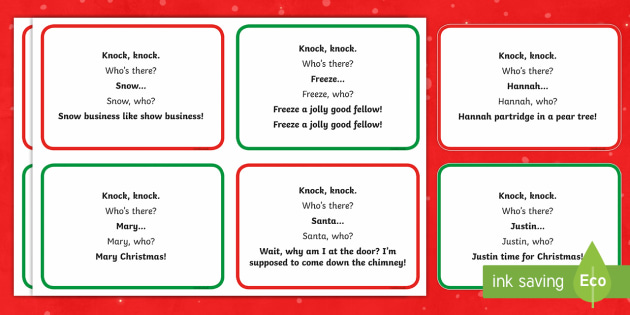
"There is a strong link between humour and mental health, and the ability to see things from different perspectives," she says.Īs kids approach their teen years, it may also be important to pay attention to what kinds of humour they tend to favour. Kids with attention deficit hyperactivity disorder also often fail to respond to jokes, Semrud-Clikeman says. It could be a sign of being on the autism spectrum. "There's all sorts of possible reasons, but you should stop and take notice," Schlozman says. But if a child consistently fails to see jokes or other forms of humour as funny, that should be a red flag to parents. Perhaps he is depressed perhaps he just didn't think it was funny. There may be many explanations why a child doesn't seem to respond to a joke, says Schlozman.

As a result, they tend to interpret jokes literally, and do not "get" the humour. As they discovered, children with autism did not show the same level of activity in the brain's right hemisphere. In 2007, Semrud-Clikeman and colleagues conducted the first brain-imaging study of how children age nine to 16 with high-functioning autism process humour. In a study published in the Journal of Neuroscience in 2012, researchers found that the same parts of the brain that light up when adults find something funny are active in kids as young as six, although they are not yet well-developed.Īs studies using magnetic resonance imaging technology have shown, humour typically activates both the left hemisphere of the brain, which is responsible for processing language and allows a person to understand a joke's literal meaning, and the right hemisphere, which decodes the context and nuances of word play. The "joke about nothing" zinger, for instance, reveals both an understanding of "sequencing," that stories have a beginning, middle and end, and a capacity to play with that concept, Schlozman says. "As their brains get bigger and as their corresponding developmental capacities enlarge and broaden, their ability to appreciate different kinds of humour changes."Ĭhildren's understanding of humour follows a typical progression from peak-a-boo and nonsense words on up to puns and double entendres and beyond. Steven Schlozman, a clinical psychiatrist at Harvard. "You can plot development through kids' ability to understand and make sense of humour," says Dr.


But a handful of recent studies have shed important light on the link between humour and a child's development, with particular focus on its social aspects implications. After all, there are no objective standards defining what's funny. Humour is a notoriously difficult subject to study, particularly in children. Margaret Semrud-Clikeman, a professor of pediatrics and division head of clinical behavioural neuroscience at the University of Minnesota. "It's really important to think about 'How does humour develop?' I've worked with kids for a very long time now, and the kids who don't get the jokes are the ones who have trouble socially," says Dr.


 0 kommentar(er)
0 kommentar(er)
